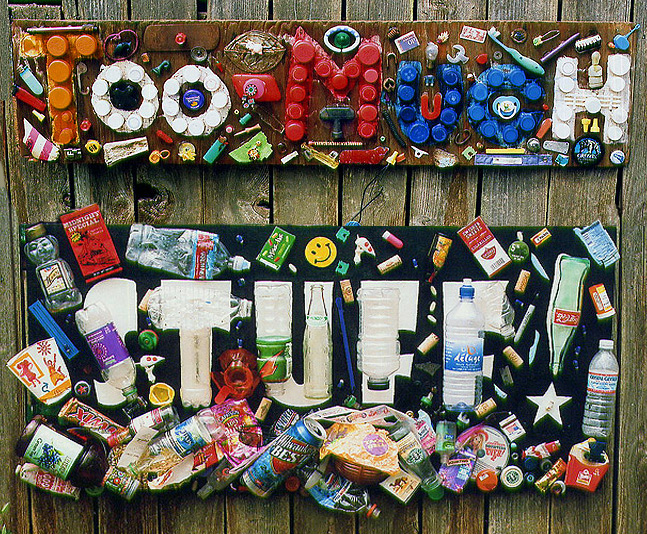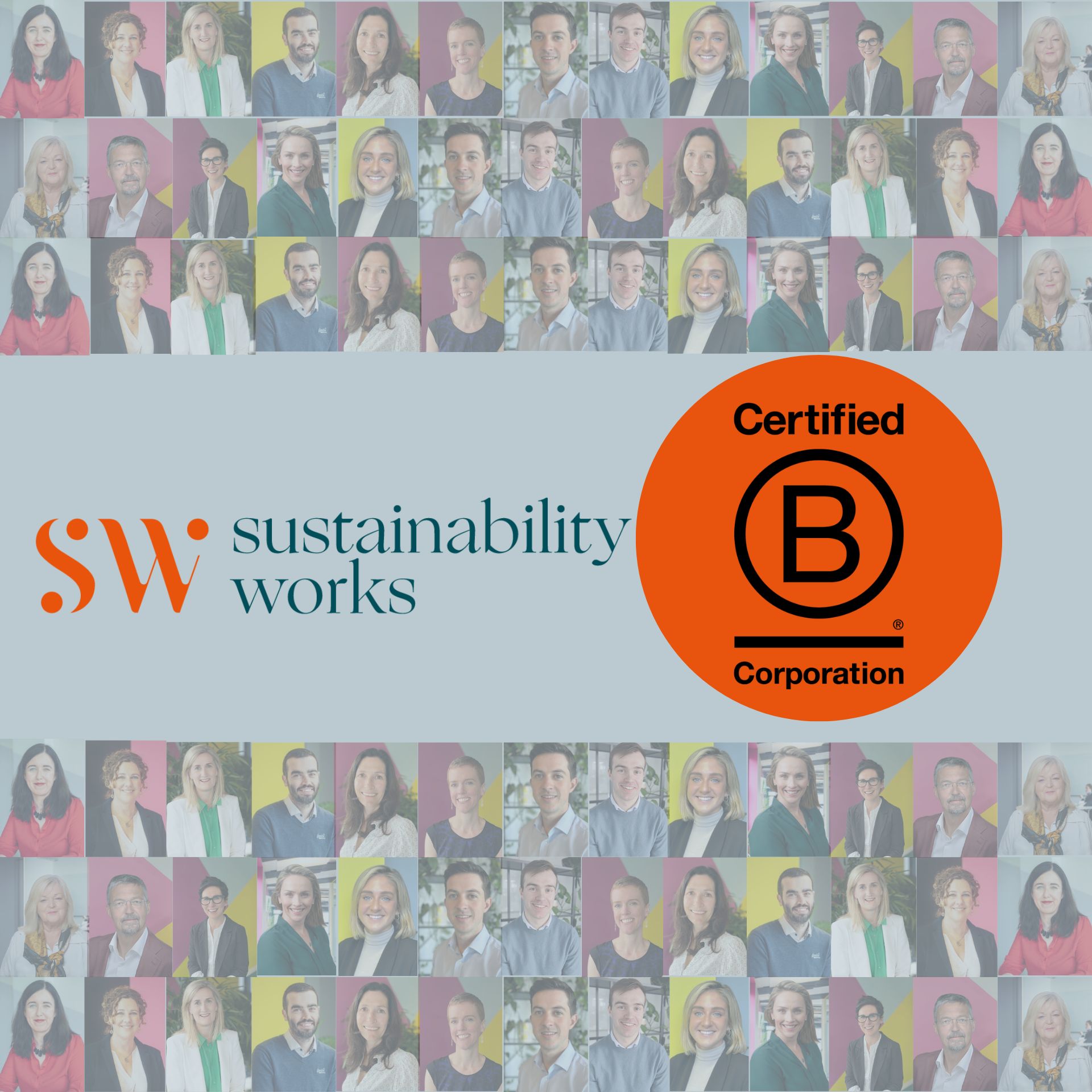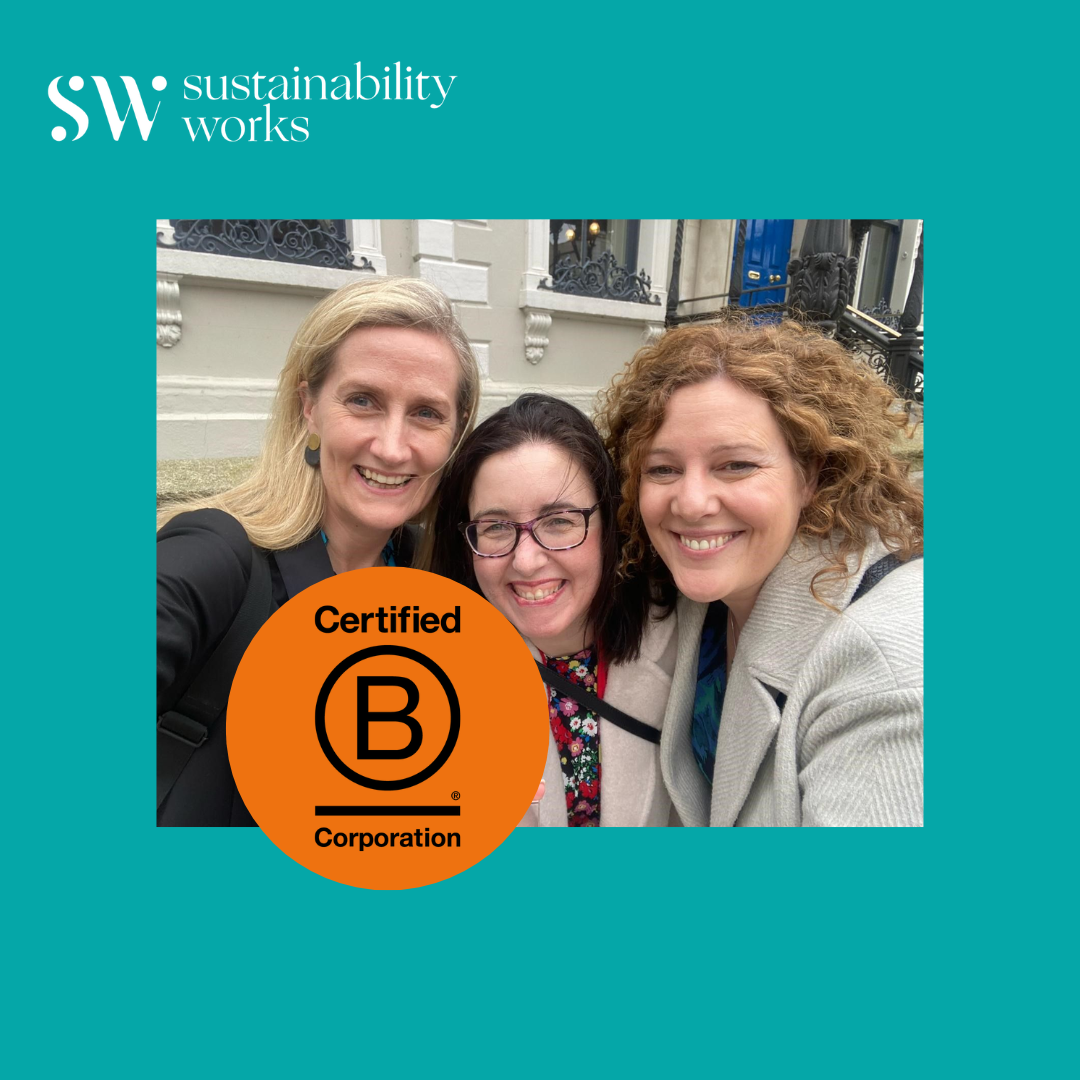SW News
The Consumption Conundrum

The Consumption Conundrum
Over the last year, our collective understanding of climate change has become more sophisticated and mature. Putting aside judgement on the actual level of action happening on the ground, it’s fair to say that the conversation, at least, has moved on.
Yet despite this progress there is one fundamental issue that we are all still skirting around. It’s the elephant in the room, the big ‘C’ word: CONSUMPTION.
Consumption, or over-consumption to be more exact, is the root cause not only of the climate crisis but of all the other inter-connected environmental problems we face – the biodiversity crisis, deforestation, plastic pollution and so on. The simple fact is, we are making, buying, using and throwing away too much stuff. It’s keeping us locked in an upwards trajectory of ever increasing greenhouse gas emissions.
Decarbonising our energy system and switching from fossil fuels to renewable energy will of course help massively in bringing the emissions curve down. But it will only deliver around 50% of the reduction we need. The rest needs to come from changing the way we produce and consume stuff.
Confronting and challenging our need for stuff is not an easy thing to do. It raises uncomfortable questions for us:
As individuals – do I need all this stuff?
As businesses – can we still make money if we flog less stuff?
As governments – can we measure economic success by something other than GDP and growth?
Many ideas and concepts for solving the consumption conundrum exist – the circular economy and doughnut economics to name just two. But given that consuming stuff is so central to our current model of business and economics and even our perception of ourselves (we are consumers first, citizens second), re-evaluating our relationship with stuff is going to require us to dig deep and really challenge our mindsets.
In 2022, we expect this issue of consumption to move centre stage in the climate conversation. It’s absolutely vital that it does.
Our November Top 5
- Say no to ‘micro consumerist bollocks’: not one to mince his words, George Monbiot launches a scathing attack on capitalism and consumption in this thought-provoking article (Guardian)
- Wall Street’s trillion dollar time bomb: a recent report by Moody’s looked at the exposure of the financial sector – banks, insurers and asset managers – to climate intensive sectors. It argued that if firms don’t quickly shift to climate-friendly financing, they risk major losses (Bloomberg)
- New standard for sustainability reporting: in case you missed it in the flurry of announcements during COP26, the IFRS Foundation launched a new International Sustainability Standards Board to create a global baseline for corporate sustainability disclosures that meet investor demands (Edie)
- Fix your own computer or phone: the right-to-repair movement took a big leap forward recently when Apple announced it would make parts available to people to do repairs on their phones and computers at home (The Verge). In a similar circular economy move, Vodafone Ireland launched the Vodafone Repair Lab – the nation’s first online phone repair service
- Net zero jargon buster from SBTI: we love a jargon buster and this short one from SBTI will make sure you don’t reach the end of 2021 without knowing your net zero from your carbon neutral and your scope 2 from your scope 3 (SBTI)
Getting Creative When Tackling Food Waste
Food waste is responsible for 8 – 10% of human emitted greenhouse gases (GHG) globally. That’s around 4 times the GHG emissions from global aviation. Shocking, isn’t it? We recently came across two brilliantly creative campaigns designed to raise awareness of the hidden problem of food waste.
The first is from FoodCloud. They’ve created an ‘All Taste, Zero Waste’ tv series that sees well known chefs go head to head in a Ready Steady Cook style cook-off, using surplus food supplied by FoodCloud. Check out the episodes here and get some foodie inspiration.
The second is from world-renowned photographer Rankin, usually known for snapping celebrities and VIPs. He created a photo series to shine a light on food waste at COP26. Watch this short video about it and listen out for the stat about how much carbon 1 kg of food waste emits. Unbelievable.
Changing the Advertising Industry from the Inside
The exponential growth in consumption over the last 50 years has not happened by accident. Corporate marketing and advertising has had a significant role to play. Sustainability leaders in the marketing and advertising industry are facing up to this hard truth and are trying to change things from the inside.
Purpose Disruptors – a UK network of advertisers – is leading the charge and several agencies and organisations from the Irish advertising and PR industry have been involved in their campaigns, such as The Great Reset. Most recently, Purpose Disruptors launched a fascinating report that puts a number on how much extra CO2 the advertising industry is responsible for adding to the average UK person’s carbon footprint. Answer: 28%. This is a powerful statistic – one that will help force advertisers to confront their contribution to climate change. Access the report here.
Lego: Building Instructions for a Better World
What We’re Listening To
The Kindness Economy podcast, from TV retail guru Mary Portas, is an easy listen with episodes featuring entrepreneurs and business people talking about the new values driving businesses and the fundamental role they must play in our lives. Covering sectors from fashion to food, beauty to energy there’s something for everyone.
For a quick overview of what The Kindness Economy is, check out Mary’s description here.
Sustainability Jobs
- Head of Sustainability – Dunnes Stores
- Energy & Sustainability Manager – Mitie
- ESG and Sustainability Programme Manager – ICON plc
- Circular Economy and Climate Change Communications Assistant – The Rediscovery Centre
- Sustainability Manager – Bechtel Corporation
- Ethical Trade & Ethical Sustainability Coordinator – Primark
- Sustainability Data and Insights Manager – Logitech
- Divisional Sustainability Manager – Kingspan
- Program Manager Sustainability – Amazon
- Lead Building Performance / Sustainability Engineer – AECOM
- Environmental Officer, Kildare – O’Brien Fine Foods








